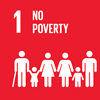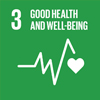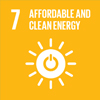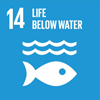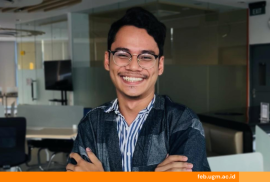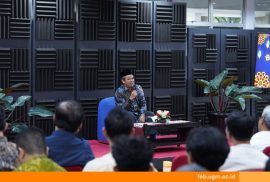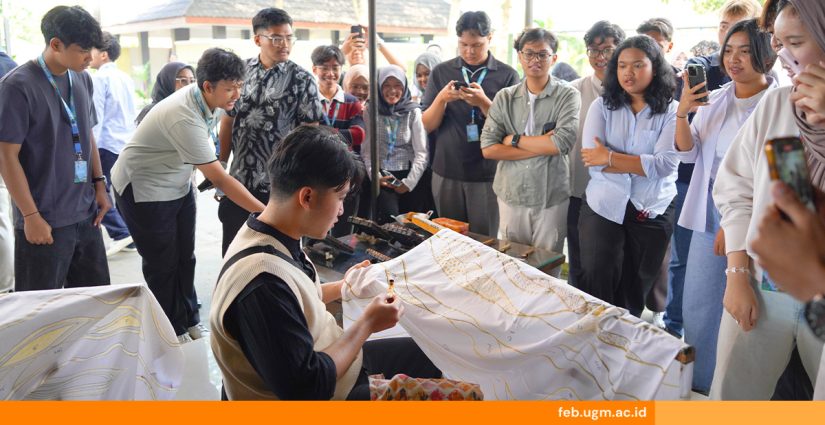
The clinking sound of metal echoes through a silver craft workshop in Kotagede, Yogyakarta. Skilled hands carefully hammer sheets of silver on a steel anvil. In another corner, the soft smoke of soldering drifts into the air, blending with the distinct scent of heated metal.
This scene became an unforgettable experience for Ali Matough Ali Essa, a University of Glasgow, UK student. Amazement was visible on the face of the Libyan student as he witnessed the production process of silver crafts for the first time at HS Silver, one of Yogyakarta’s renowned silver craft industries.
“Seeing firsthand how jewelry is handmade with such incredible dedication is a rare experience,” he shared recently during a field trip held as part of the Global Summer Week (GSW) 2025, organized by the Faculty of Economics and Business, Universitas Gadjah Mada (FEB UGM), to various industries in Yogyakarta.
In addition to witnessing the silver craft industry, the students also visited PT Sarihusada Generasi Mahardhika (SGM) Prambanan Factory. This company produces nutritional products for pregnant and breastfeeding mothers and children. They took a factory tour to see how milk products get manufactured, packaged under strict quality control, and stored in warehouses.
Dewi Puspitasari, a Digital Business student from Universitas Negeri Surabaya, was impressed to learn that materials failing to meet standards are not discarded but repurposed as animal feed. “Their zero-waste innovation is outstanding. It’s a true example of sustainability in action,” she said enthusiastically.
On another day, GSW 2025 participants visited Paradise Batik, a textile industry that upholds environmentally friendly green industry principles. Here, they gained more profound insights into the green industry concepts they had learned in class. During the visit, they observed leftover batik fabric scraps transforming into attractive, marketable fashion items.
However, what captivated them most was the opportunity to enter the canting area, where artisans draw batik patterns by hand using hot wax on white cloth. Mikkel Stjernholm Micheelsen, a student from Copenhagen Business School, tried the process himself.
“Canting is challenging. It’s not as simple as painting on canvas because the liquid wax can spill if you’re not careful. I’ve come to appreciate how intricate batik-making truly is,” Mikkel said.
Nurul Natasya binti Ismayudin, a student from the University of Canterbury, also expressed her admiration for batik. According to her, batik is a remarkable art form that demands patience and focus to create beautiful designs and final products.
“Each pattern is unique and holds meaning behind its design. It truly reflects the cultural richness of Yogyakarta,” she said.
The final destination of this business exploration trip was the UGM Academic Hospital (RSA UGM). Participants learned how RSA UGM integrates healthcare services, medical technology innovation, and health tourism into a single care ecosystem.
This field trip is part of the Business Immersion Project under the Global Summer Week 2025 program. Participants broadened their understanding of sustainable business practices and gained inspiration for embedding sustainability values in economic activities through direct exposure to industries. This approach aims to raise their awareness as future leaders who care about social and environmental impacts.
Report by: Shofi Hawa Anjani
Editor: Kurnia Ekaptiningrum
Sustainable Development Goals
